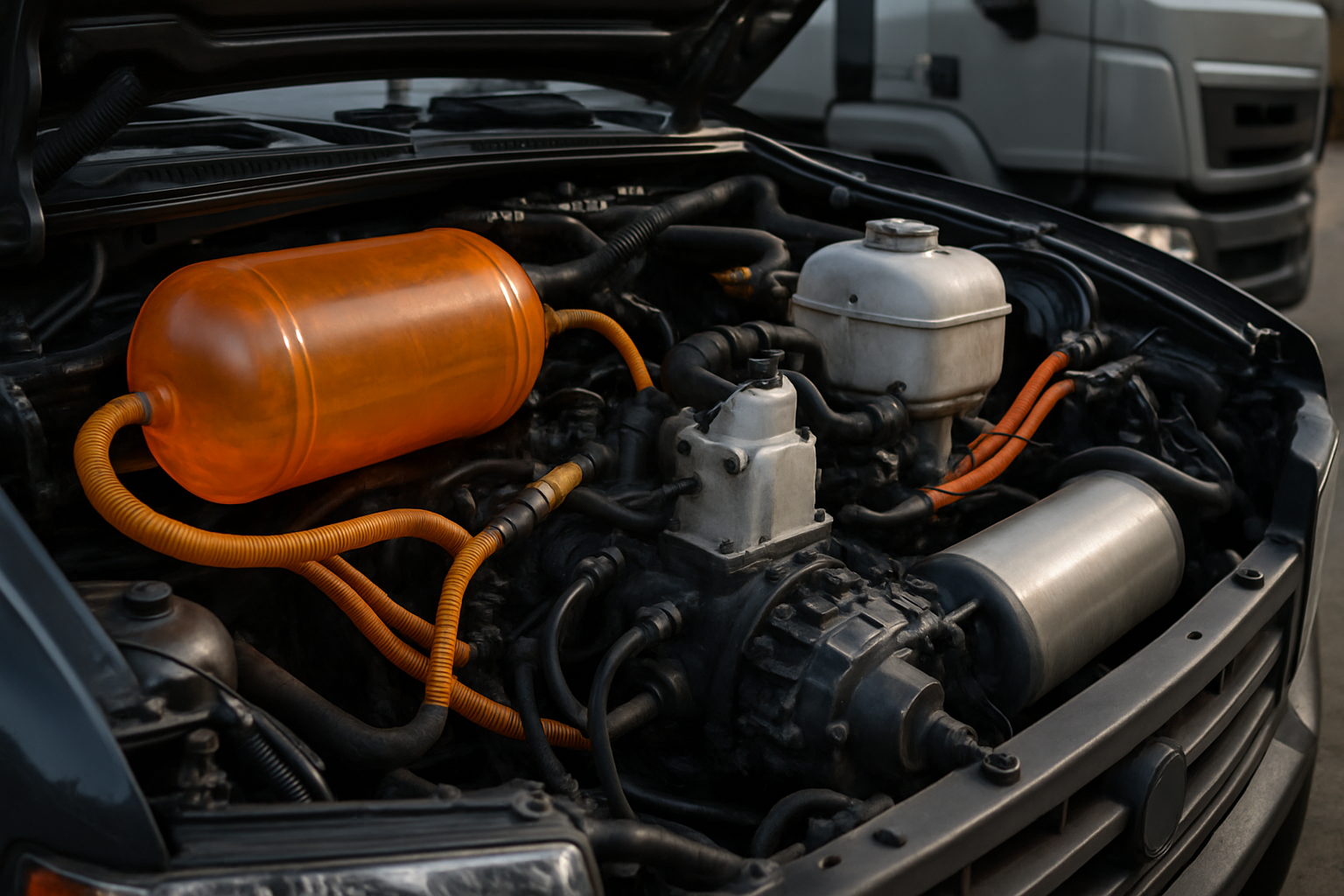How People Find Chevy Astro Vans Today
Many people still come across these older vans in different ways, especially those who remember how long they stayed on the road. Some look into general places where older vehicles sometimes appear, while others simply explore what past owners mention about finding them today.

Finding a Chevrolet Astro van in today’s market requires a strategic approach that combines traditional and digital search methods. These versatile vehicles, discontinued nearly two decades ago, remain popular choices for specific transportation needs, creating an active secondary market where buyers must navigate various platforms and considerations.
What Some People Notice About Older Vans
Buyers examining Chevrolet Astro vans typically focus on several key areas that reflect the vehicle’s age and usage history. The rear-wheel-drive configuration, which distinguished Astro vans from many competitors, often shows signs of wear in the differential and driveline components. Many potential buyers inspect the characteristic sliding doors, as these mechanisms frequently require maintenance or replacement after years of regular use.
The interior condition varies significantly between vehicles, with commercial-use vans often showing more wear on flooring and seating surfaces. Rust patterns around wheel wells and lower body panels are common inspection points, particularly for vehicles from regions with harsh winter conditions. Engine bay examination typically reveals the condition of the 4.3-liter V6 engine, which many buyers consider when evaluating long-term reliability prospects.
General Things People Look Into
The search process for Astro vans typically begins with online marketplaces, where buyers can filter results by location, price range, and specific model years. Many searchers focus on vehicles from the final production years (2003-2005), believing these models incorporated refinements from the van’s 20-year production run. Mileage considerations often vary based on intended use, with some buyers preferring higher-mileage vehicles that demonstrate consistent operation over those with suspiciously low odometer readings.
Maintenance records become crucial evaluation factors, as these aging vehicles often require documentation of recent repairs or component replacements. Buyers frequently research common problem areas specific to Astro vans, including transmission issues, fuel pump failures, and electrical system concerns. The availability of replacement parts influences many purchasing decisions, as some components become increasingly difficult to source through traditional automotive supply chains.
Title history verification through vehicle identification number checks helps buyers avoid vehicles with accident damage, flood history, or other complications that might not be immediately visible during initial inspections.
| Vehicle Type | Average Price Range | Typical Mileage | Key Considerations |
|---|---|---|---|
| Cargo Van (Good Condition) | $8,000 - $15,000 | 150,000 - 200,000 | Commercial wear, maintenance records |
| Passenger Van (8-seat) | $6,000 - $12,000 | 180,000 - 250,000 | Interior condition, mechanical updates |
| High-Mileage Options | $3,000 - $7,000 | 200,000+ | Project vehicles, parts availability |
| Low-Mileage Examples | $12,000 - $20,000 | Under 150,000 | Premium pricing, verification needed |
Prices, rates, or cost estimates mentioned in this article are based on the latest available information but may change over time. Independent research is advised before making financial decisions.
Why Experiences Differ From Person to Person
Individual experiences with Astro van purchases vary considerably based on specific needs, mechanical knowledge, and regional market conditions. Buyers seeking commercial applications often prioritize cargo capacity and mechanical reliability over cosmetic condition, leading them toward different vehicle selections than those planning recreational conversions or family transportation use.
Geographic location significantly influences both availability and pricing, with rural areas sometimes offering more options from farm or small business fleets, while urban markets may feature vehicles with different usage patterns. Seasonal factors also affect the search experience, as demand for recreational vehicles typically increases during spring and summer months, potentially impacting both availability and negotiating positions.
Mechanical expertise levels among buyers create vastly different evaluation criteria and confidence levels during the purchasing process. Experienced mechanics may view certain issues as manageable maintenance items, while buyers without technical backgrounds might consider the same problems as deal-breakers. This knowledge gap often determines whether individuals pursue project vehicles requiring immediate attention or limit their search to turnkey examples commanding higher prices.
Financing considerations also shape individual experiences, as traditional auto loans for vehicles approaching or exceeding 20 years old become more challenging to secure. Some buyers adapt by focusing on cash purchases or alternative financing arrangements, while others adjust their search parameters to include newer comparable vehicles from different manufacturers.
The Chevrolet Astro van market demonstrates how discontinued vehicles can maintain relevance through specific use cases and dedicated communities. Success in finding suitable examples depends largely on understanding current market dynamics, realistic condition expectations, and clear identification of intended use requirements. Whether serving commercial needs or recreational purposes, these vehicles continue attracting buyers willing to navigate the complexities of purchasing aging but capable transportation solutions.




